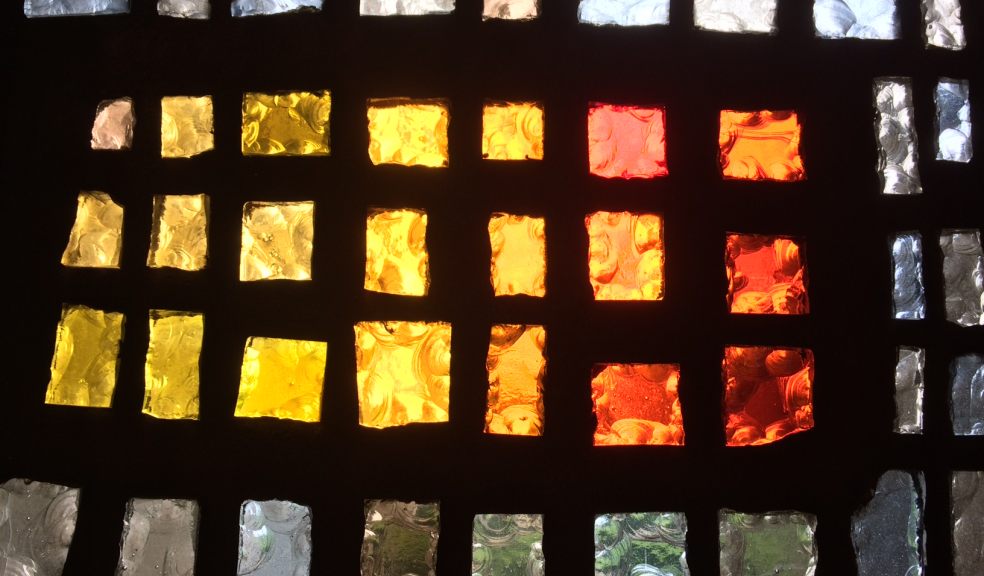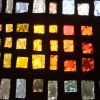
Post Truth or Past Thinking?
Many English people do not appear to be too media-literate. We do not read beneath the words or images presented to us, nor think about the intentions of those who communicate with us. We take too much at face value and do not appreciate the deeper or more complex subtleties of what we are being told. Many of us prefer to believe a more immediate or literal understanding of what is in front of us.
Nowhere is this clearer than in the newspapers we read, the stories we follow on television or our uncritical use of social media. Though we intuitively know that our own life experiences are intricate and complicated, we are ready to accept the news at a superficial level. A lot of us seem to accept that our country has too many immigrants, or that homeless people are all lazy, or that the Government is doing its best for everyone, or that there are plenty of jobs if people really want them.
We believe partial truths. Why? Because that is the perspective journalists and others offer us and we accept what they say with little or no questioning. Yet there is an old saying – ‘beware of half-truths. You may have the wrong half!’
Although people will frequently say we cannot trust what reporters say or write, the reality is that we absorb such messages continually and our attitudes become influenced by the very forces that we should think suspicious. There is no substance to our critique because, ultimately, we take strange comfort in the messages receive, even if at heart we may not like them!
The same process is apparent in our faith communities in relation to our traditions and our scriptures. For example, Christians can take a very literal interpretation of the Bible, although we now know from a variety of scholarly evidence that the original writers did not write the books as historical or factual records. Actually, the biblical canon is extremely diverse and most of the writings are poetic, metaphorical and symbolic. They are not history as much as theology – that is to say, interpreted history. The Bible is not really a book; it is a library.
Therefore, with our contemporary media, we need always to get below the surface and probe into what deeper meanings are being conveyed to us. Take nothing at face value. Always ask ‘why?’ Simple tales carry more implicated messages, they act on our psyches for better and for worse, and they deeply influence the kind of people we are. Our relationships with others are almost determined before we ever meet them, so we equate all Muslims with violence, all refugees with suspicious motives, all claimants as scroungers.
If we believe people are untrustworthy, we will live our lives full of distrust. If we hold that others are lazy or dangerous or deceitful, what are the chances that we shall display these very traits ourselves? Conversely, if we read positive things about people, we are more likely to be compassionate, empathic and concerned.
That is why the media can be disingenuous. They alter our consciousness and feed us in ways that change who we are and how we subsequently relate to others.
That is the real worry of the so-called ‘post-truth’ society of course – that we end up believing the propaganda that others throw at us, and that then re-shapes our reality. This contributes to extremism – criticising the motives of others without cessation. Judge everyone else by their apparent actions, but judge ourselves on our unstated intentions. Divide the world into ‘us’ and ‘them’, nurture this fracture and eventually life will be so divided that it is easily manipulated by the powerful.
The Hebrew rabbinic tradition began to develop at the time of Jesus with a reformed and radical approach to what we now call Judaism. At its centre was an approach that always asks questions, always gets under the surface of the obvious. Jesus clearly engages in this process and asks more questions than he offers answers.
If we really want to address our evolving post-truth culture, can we not do the same: questioning the answers as well as answering the questions…
This artcile orignally appeared in Devon Churches Green Action news, September 2017



















